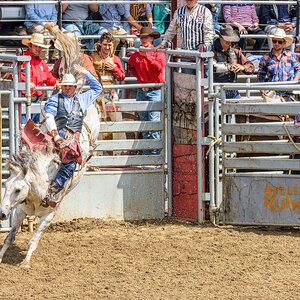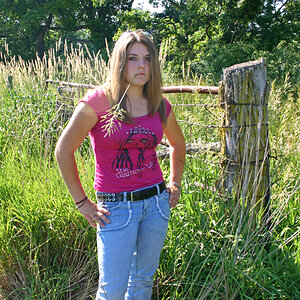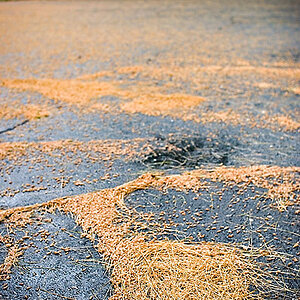Photographer Clayton
TPF Noob!
- Joined
- Mar 26, 2008
- Messages
- 12
- Reaction score
- 0
- Location
- Randleman, North Carolina
- Can others edit my Photos
- Photos NOT OK to edit
I am going to place a situation here, and see what people would do in the situation.
You are a photojournalist, and have gotten some good photos before the big news companies arrived. You know these photos can sell at the local newspaper and possibly a magazine. But your friends are trying to pressure you to delete the photos because they think it is inappropriate to take a photo of a tragic events and profit off them.
Would you delete the photos? (explain your answer)
You are a photojournalist, and have gotten some good photos before the big news companies arrived. You know these photos can sell at the local newspaper and possibly a magazine. But your friends are trying to pressure you to delete the photos because they think it is inappropriate to take a photo of a tragic events and profit off them.
Would you delete the photos? (explain your answer)


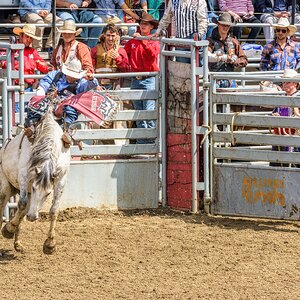
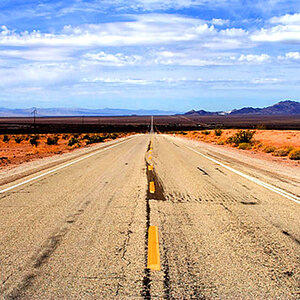

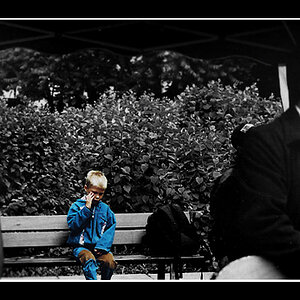

![[No title]](/data/xfmg/thumbnail/32/32940-461c74a1d3ad8d2862e02a293727c72a.jpg?1619735772)

